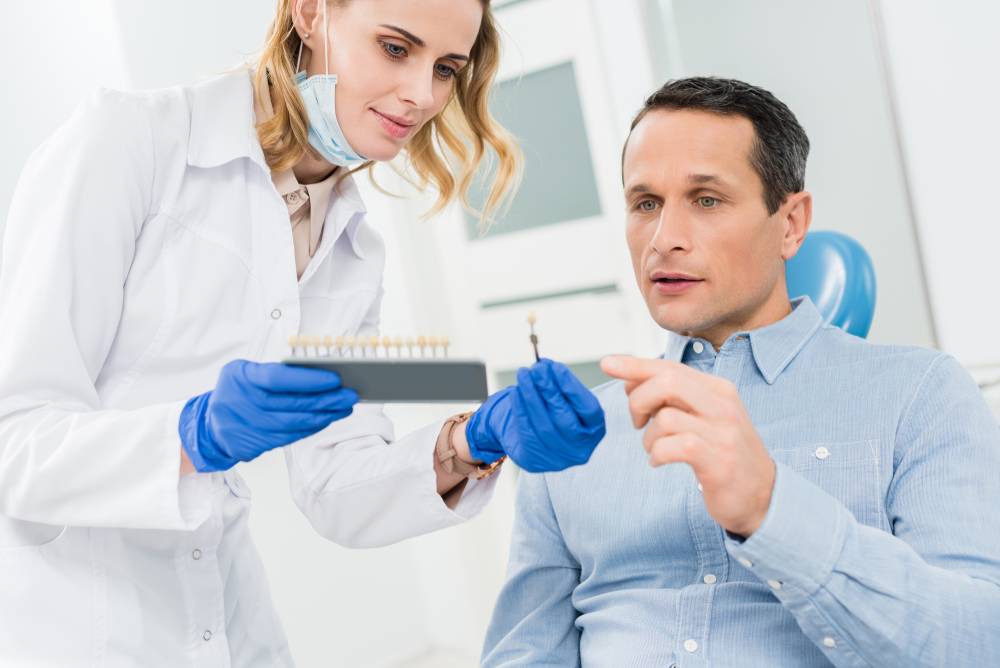Tooth Extraction
Tooth Extraction London

A tongue tie occurs when the thin membrane under the baby’s tongue (the lingual frenulum) restricts the movement of the tongue. All babies are born with some of this tissue, but for approximately 5% of newborns, it is so tight that they cannot move their tongues freely. This can affect their ability to breastfeed and lead to poor latch, nipple pain and trauma, decreased milk intake, and a decline in milk supply over time.
On average we do 50+ complicated teeth extractions in a month between our offices.
You Need A Tooth Extraction In the Following Conditions
The following are the primary reasons when extraction of the tooth is the only option:-
Tooth Decay
if your tooth is excessively decayed or damaged so much that a root canal treatment may not be possible to save the tooth; your dentist will recommend extraction
Tooth trauma or damage
trauma to the tooth may knock it out, and when it cannot be replaced in the socket, the only alternative is its extraction
For Orthodontic purposes
crowding of teeth happens because the space in your jaw is insufficient to accommodate all your teeth, resulting in crowded teeth. To make space for your teeth for them to be in proper alignment, your dentist will need to pull out one or a few, depending on the severity of crowding.
Gum disease
if the extent of your gum disease is such that the bone support around your tooth is lost and it has become so loose that it cannot be saved in any condition; your dentist might recommend getting it extracted.
Risk of infection
oral cysts and tumors are generally associated with a tooth or several teeth. So, removing the cyst and tumor may warrant the removal of that particular tooth.
Also
if you have to undergo treatments such as chemotherapy or radiotherapy, it is best to remove teeth that are prone to infection.

Tooth Extraction FAQ
Local anesthesia is generally administered for simple extractions while sedation or general anesthesia is used for surgical extractions, which makes the procedure completely painless. For post-operative swelling and pain, your dentist will prescribe analgesics and even antibiotics in some cases to prevent discomfort and reduce the chances of infection.
You will be asked to lie down on the dental chair, and then your dentist will administer the anesthesia. Once the anesthesia is active, your dentist will detach the gums from your tooth and rock the tooth back and forth to loosen it up. The tooth is then pulled out using a specific apparatus for one particular tooth. Sometimes if the hold of the tooth is firm in the bone, such as in back teeth, your dentist will need to use a dental drill to remove some part of the bone and gums to facilitate extraction. Once the tooth is pulled out, your wound may be sewed up, and cotton gauze is placed on the site on which you will be asked to bite down. You may have to wait in the dental office for a while for your dentist to make sure that you are not experiencing any complications.
You will have to follow the instructions of your dentist to the word. Some of the guidelines will include the following:-
– Do not spit the gauze piece out; always pick it up from your mouth and throw.
– You cannot eat or drink immediately after extraction
– Apply a cold compress to the surgical site
– 24 hrs after extraction, start warm saline rinses
– Do not brush at the site of extraction for up to 24hrs
– Eat soft foods for a few days after removal
– Don’t use a straw for drinking
– Take your medications on time
– Avoid heavy work for the first 24hrs
You will need to have your tests done before undergoing extractions to rule out bleeding disorders. Also, if you are on medication of any form, inform your dentist beforehand. Never hide the facts from your dentist.
Simple extractions will cost less than back tooth or molar tooth extractions. Also, the type of anesthesia used will influence the cost factor.




